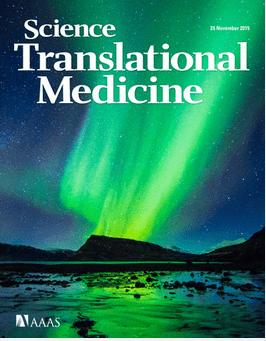
A new set of Phase I study results published on November 25 has resulted in some very hopeful headlines, including "End of Daily Type 1 Diabetes Injections" and "New treatment could free type-1 diabetics from 'daily grind' of insulin injections'. These headlines were initially published by a number of publications in the United Kingdom, including the Telegraph and Daily Mail. As often happens with promising headlines, the article and sentiment were picked up by news outlets around the world, resulting in a fair bit of buzz. Regrettably, the headlines are far more promising and hopeful than actual fact.
Key Summary Points:
- The study result that sparked the headlines was titled "Type 1 diabetes immunotherapy using polyclonal regulatory T cells" and published in Science Translational Medicine journal.
- The study was led by a joint effort of UCSF and Yale University investigators
- Phase I trials focus on safety. The published results demonstrate safety not effectiveness.
- There was no evidence we have found that indicates that the trial resulted in a restoration of beta cell capacity and certainly no evidence that indicated insulin independence. In fact the study authors conclude their abstract with: "Moreover, the therapy was safe, supporting efficacy testing in further trials".
- The next phase of human trials, which appears to still be several years away from beginning, will be needed to determine the degree to which this treatment improves the lives of people living with T1D.
A Quick Review of the Treatment:
- The researchers are seeking to stop the autoimmune attack in a manner that does not require general immuno-suppression (and the related side effects)
- The treatment focuses on replenishing Treg (regulatory T cells) which, when present, regulate and perhaps halt the autoimmune attack
- Procedure selectively removes the relevant Treg cells from a T1D person, expands and multiplies them in a laboratory setting, and returns the cells to the person.
